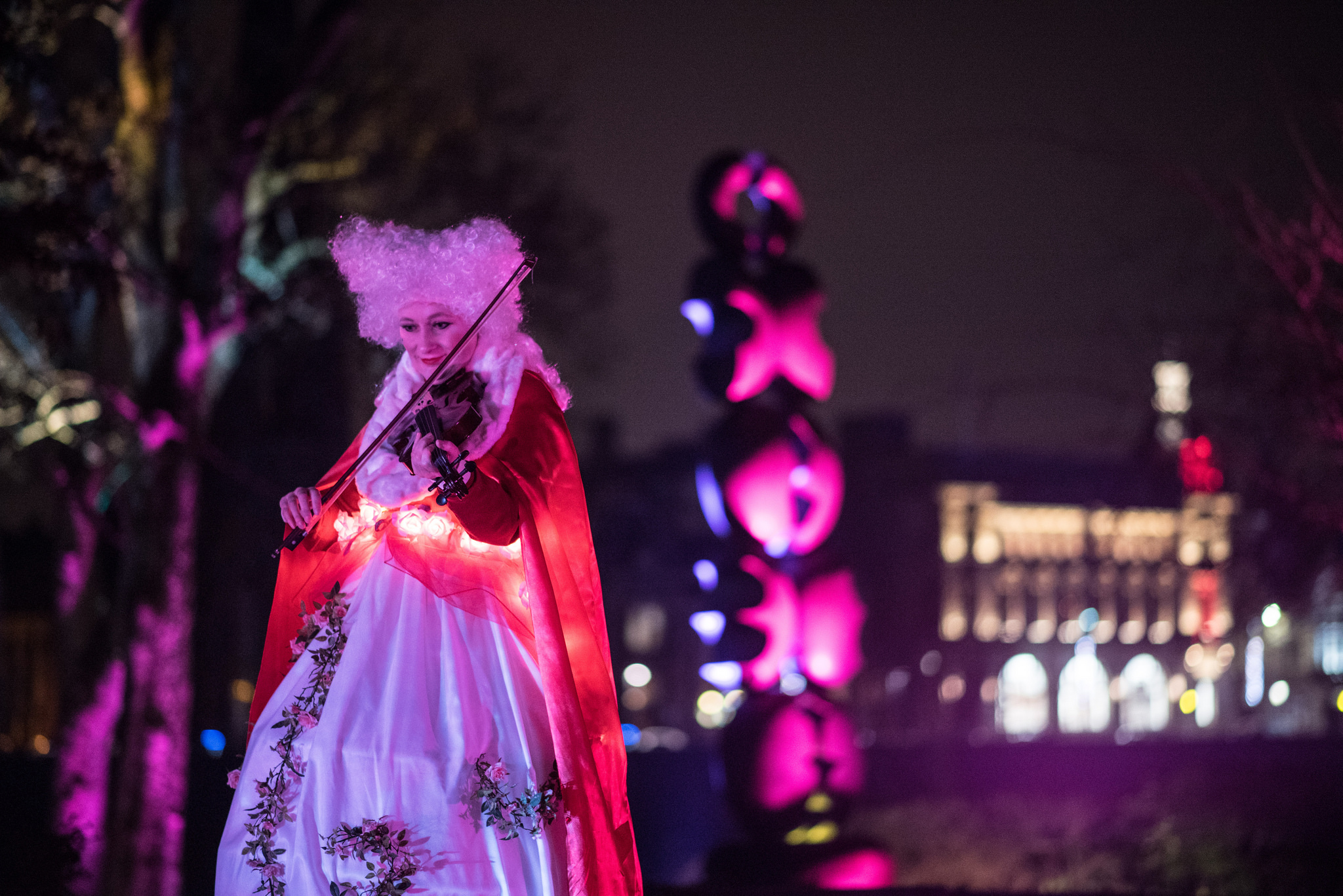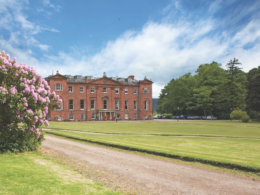Translate into Polish or Ukrainian
A group of tenacious volunteers have triumphed in their struggle to remove an invasive form of rhododendron from a renowned woodland beauty spot in Perthshire managed by Woodland Trust Scotland.
Over the last four and a half years a dedicated group have hacked, sawed and dug their way through a thick mass of Rhododendron ponticum that was choking around six acres of Kinclaven Bluebell Wood near Murthly and threatening to take over the rest.
The 200 acre wood is best known for its spectacular display of bluebells in May but is also said to be bird watcher’s paradise as great spotted woodpeckers, linnets and spotted flycatchers have all been spotted within its grounds.
It is also home to pine martens and red squirrels.
Woodland Trust Scotland site manager Jill Aitken explained: “Rhododendron ponticum forms dense thickets and shades out native plants. If left uncontrolled, it will eventually dominate a wood to the exclusion of all other plant life.
“As this is a very lovely oakwood with lots of native plants, we were very keen not to allow that.”
Moving on to praising the group of around 50 volunteers involved in the effort to rid the wood of rhododendron Ms Aitken added: “It is an amazing service our volunteer working group has delivered.
“This stuff is really difficult to get rid of. If you leave the least little bit in the ground it will grow back. It has taken a lot of time but they have finally beaten it.”
The clearance work could only take place between September and March each year to avoid disturbing nesting birds. COVID restrictions also cut down the time the volunteers had to attack the invasive plant.
The team put in an estimated 1946 volunteer hours working in the wood – the equivalent of one person working full time, five days a week for a whole year.
Ian Riches, who led the group of volunteers during the project, remarked: “It has taken a long time so it was all the more satisfying to hack out the very last bush.
“While it has been hard work the team is very sociable and we generally have a great time.
“It keeps us fit and even in the midst of all the sawing and bashing this wood is a stunning place to be. You got to bed tired but happy.”










